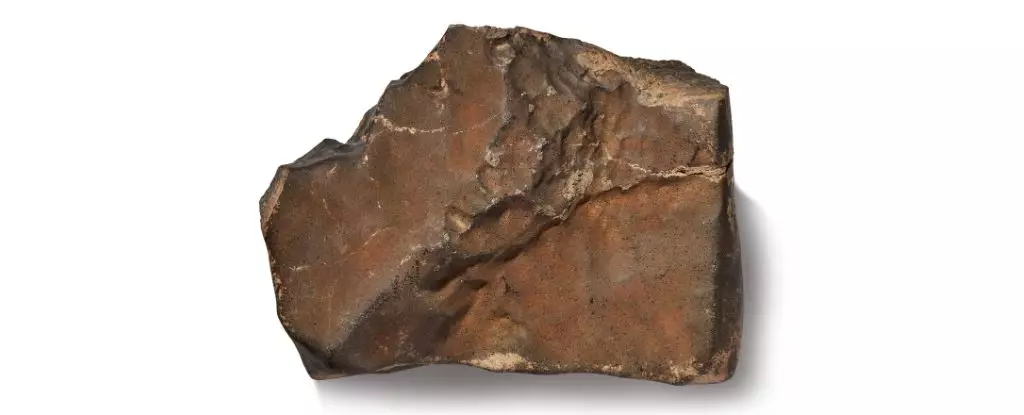The recent sale of the world’s largest Martian meteorite for over five million dollars at Sotheby’s vividly exemplifies the troubling intersection of scientific wonder and capitalist greed. While awe-inspiring in its rarity and pristine condition, this celestial object’s auction highlights a controversial trend: commodifying the universe’s most extraordinary phenomena. The decision to allow such a treasure to be detached from its scientific and cultural context in favor of monetary gain signals a shift that could undermine humanity’s collective interest in exploration and knowledge. Once, these meteorites belonged to everyone, untouched by the distortions of market price, serving as a symbol of our shared curiosity about the cosmos. Now, they risk becoming locked behind a vault, accessible only to the wealthy elites capable of purchasing them.
The genuine value of celestial objects extends beyond their monetary worth
The scientific community’s skepticism towards selling extraterrestrial specimens stems from a deep concern that placing a price tag on these rocks commodifies a realm that should inspire inquiry and education, not profit. When a meteorite like NWA-16788 fetches millions, it signals that scientific importance is overshadowed by the potential for financial gain. These rocks can offer invaluable insights into planetary formation, the history of the solar system, and even the origins of life itself. To reduce such an artifact to a mere commodity risks eliminating the collaborative spirit that drives space exploration. Moreover, allowing private collectors to hoard these pieces risks fragmenting the collective efforts of scientists who seek to study and learn from them. The public, including future generations, should be the primary beneficiaries of such universal treasures, not hinged on their price or rarity on the auction block.
The morality of individual ownership versus shared heritage
An even deeper issue pertains to the morality of owning celestial objects. While private ownership may seem justified within a capitalist framework, it clashes with the idea of cosmic artifacts as part of our universal heritage. These meteorites are remnants of planetary processes far beyond human borders, and their mere existence blurs national and cultural divisions. When a piece of Mars is bought for millions, it becomes a symbol of accumulated wealth rather than a scientific tool and cultural relic. By placing these objects in private hands, humanity risks losing the opportunity to study, appreciate, and teach from them openly. The debate echoes historic conflicts over artworks and antiquities, where the question of whether artifacts belong to humanity or to the individual collector remains unresolved.
The broader societal implications of valuing outer space objects
The sale reflects a troubling perception that celestial phenomena are merely untapped assets for profit rather than profound sources of knowledge and inspiration. Such commodification can distort the public’s perception of science, framing discovery as a private acquisition rather than a shared pursuit for better understanding. Equally, it reinforces socio-economic disparities, making access to the universe’s secrets dependent on wealth rather than merit or curiosity. This trend risks marginalizing those who lack the financial means to participate or benefit from these cosmic findings. If we genuinely value exploration, we must ask whether current practices promote equitable access or deepen existing divides. The pursuit of space should, ideally, reflect a collective endeavor—an extension of humanity’s innate desire to explore, understand, and connect—rather than a playground for the powerful to amass wealth under the guise of scientific curiosity.
As we venture further into space and uncover its myriad mysteries, we face a critical choice: Do we continue to treat extraterrestrial artifacts as commodities, or do we recognize them as shared symbols of our universal heritage? The sale of the Martian meteorite at Sotheby’s starkly questions whether our society values scientific progress, cultural enrichment, and ethical stewardship enough to resist the allure of profit. Protecting these extraordinary objects for open scientific study, public education, and cultural preservation should take precedence over fleeting financial gain. Our collective future depends on nurturing a worldview that sees beyond individual wealth and recognizes our cosmic responsibilities—an ethos of stewardship that respects the universe as something more profound than just merchandise in the market.

Leave a Reply